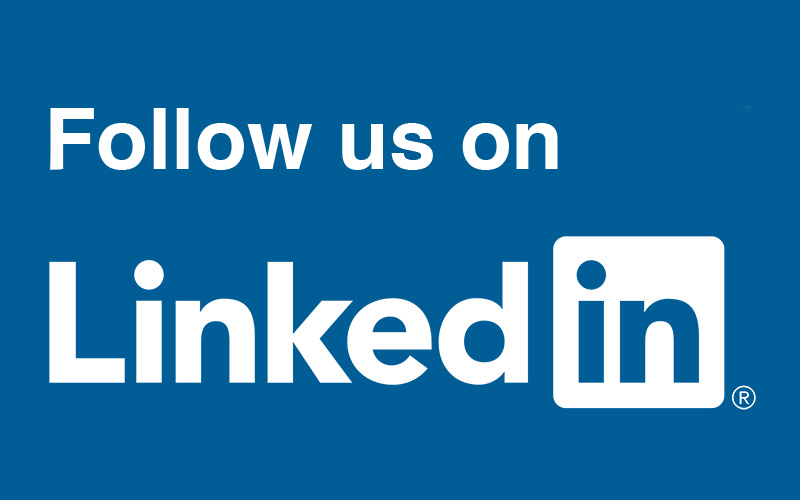Higher oil prices this year boosted the earnings of all five Big Oil firms in the second quarter, but despite the increased profits, not all five oil supermajors—Exxon, Chevron, Shell, BP, and Total—fared equally as well in Q2, and clear winners and losers emerged from the earnings reports this past week.
The three European majors fared better than the two U.S. oil companies.
Among Europe’s Big Oil, BP and Total beat profit forecasts, while Shell’s earnings fell short of analyst expectations. Shell, however, announced the launch of a much-anticipated share buyback program.
The two U.S. supermajors disappointed with earnings below estimates, but Chevron—unlike Exxon—was spared the wrath of investors and the stock market after it also announced share repurchases.
Last week, France’s Total reported a 44-percent increase in second-quarter net profit on the back of record-high quarterly oil and gas production. Total beat analyst estimates, and said that its upstream is well positioned to take advantage of the rising oil prices as it expects production to grow by more than 7 percent this year.
Of the five Big Oil firms, Total’s shares rose the most on the day of its Q2 results announcement, a sign that investors and shareholders liked what they saw in the second-quarter performance and outlook for the rest of the year.
BP also pleased investors when it reported on Tuesday quadrupled second-quarter earnings from a year ago and announced the first dividend increase since the oil prices started crashing in 2014.
Last week BP had its investors briefly worried that it would break its financial framework when it announced a US$10.5-billion acquisition of U.S. shale assets from BHP, BP’s chief executive Bob Dudley told Bloomberg television. But the company assured investors that it would stick to its US$15-17 billion capital budget frame, divest other assets to offset the cost for the BHP deal, and increase distribution to shareholders, Dudley said. BP continues to plan budgeting at oil prices in the $50-65 a barrel range, rather than these higher prices, Dudley said, reiterating Big Oil’s favorite adjective to describe capital spending these days: disciplined.
The third European major of Big Oil’s five—Shell—reported lower-than-expected profits for Q2, but on the bright side, it announced a share buyback program of at least US$25 billion in 2018-2020, subject to further progress with debt reduction and oil price conditions.
“Our financial framework remains unchanged. Our free cash flow outlook and the progress we have made to strengthen our balance sheet give us the confidence to start our share buyback programme,” Shell’s chief executive Ben van Beurden said.
See also Falling Rig Count Supports Oil Prices
Shell’s shares fell the most among Big Oil’s on the day of its earnings and share repurchase announcement, as the focus on debt reduction could mean a slower start to share buybacks.
Apart from Shell, investors also punished Exxon on the day of its Q2 results release. Exxon disappointed, for yet another quarter, after missing again analyst expectations, and reporting its lowest production in a decade. Investors and analysts were disappointed not only by the earnings miss, but also by the lack of any share buyback announcement or hint for such.
The other U.S. supermajor, Chevron, also missed earnings estimates, but announced last Friday much-awaited share repurchases, and saw its shares rise despite the profit miss.
Despite the rallying oil prices over the past year, shares in Big Oil companies have not risen as much as the price of oil, and have been lagging—and in some cases like Exxon significantly underperforming—broader market indexes and energy-heavy exchange traded funds (ETFs). According to Bloomberg data, BP has shown the biggest average annual returns of nearly 11 percent, while Exxon’s have been a negative 1.25 percent.
Although profits are surging and buybacks are being announced or already carried out across the board, Big Oil still has work to do (and cash to distribute) to convince shareholders they are still a ‘world-class investment case’ as Shell’s van Beurden says about the company he leads.






